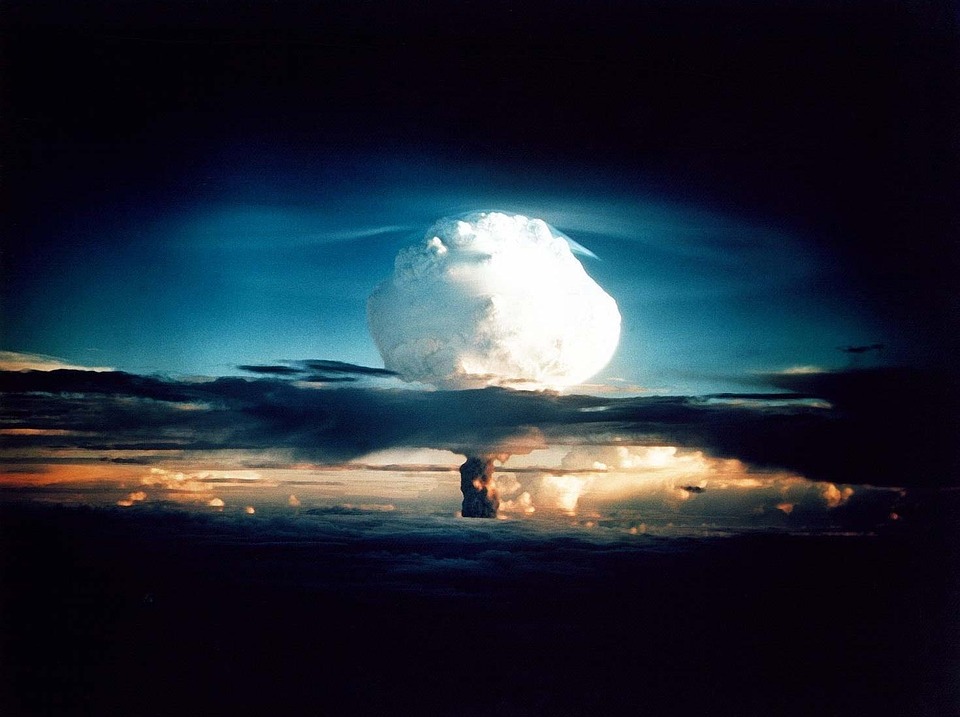How To Survive A Nuclear Attack?
A nuclear attack is an attack using nuclear weapons, which are weapons of mass destruction that release a large amount of energy in the form of an explosive blast, thermal radiation, and electromagnetic pulse. Nuclear weapons are based on the principles of nuclear reactions, which release a massive amount of energy when atomic nuclei collide and undergo fission or fusion.
Nuclear weapons can cause widespread destruction and death, and their impact can be felt over a large area. In addition to the immediate effects of the explosion, a nuclear attack can also have long-term consequences, such as radioactive fallout, which can pose a threat to human health and the environment for many years after the attack.
Because of the catastrophic consequences of a nuclear attack, the use of nuclear weapons is widely considered to be a last resort, and their use is regulated by international treaties and agreements. The threat of a nuclear attack has been a major concern for many decades, and the world has worked to prevent the spread of nuclear weapons and reduce the risk of a nuclear conflict.
 |
| Nuclear Explosion |
Surviving a nuclear attack requires preparation, quick thinking, and knowledge of the dangers posed by nuclear weapons. Here are some steps you can take to increase your chances of survival:
1. Seek shelter immediately: The most important thing you can do during a nuclear explosion is to get indoors and stay there as quickly as possible. Find the nearest building, preferably one made of solid concrete, and take cover in the basement or in an interior room.
2. Protect yourself from radioactive fallout: Fallout can pose a serious risk to your health, so it's important to minimize your exposure. Stay indoors for at least 24 hours after the explosion and avoid drinking or eating anything that may have come into contact with fallout.
3. Stockpile emergency supplies: Prepare an emergency supply kit that includes food, water, and medical supplies. Keep this kit in a location that is easily accessible in case you need to evacuate.
4. Monitor the news: Stay informed about the situation and listen to official instructions from local authorities and news outlets.
5. Take precautions against radiation exposure: If you must go outside after a nuclear explosion, cover as much of your skin as possible and wear protective clothing, such as a long-sleeved shirt and pants, gloves, and a mask.
Remember, a nuclear attack is a catastrophic event and should be treated as a last resort. The best way to protect yourself is to avoid exposure to radiation, so it's important to follow the advice of experts and stay informed about the situation.
Follow us @ Facebook : Advanced Tech World




